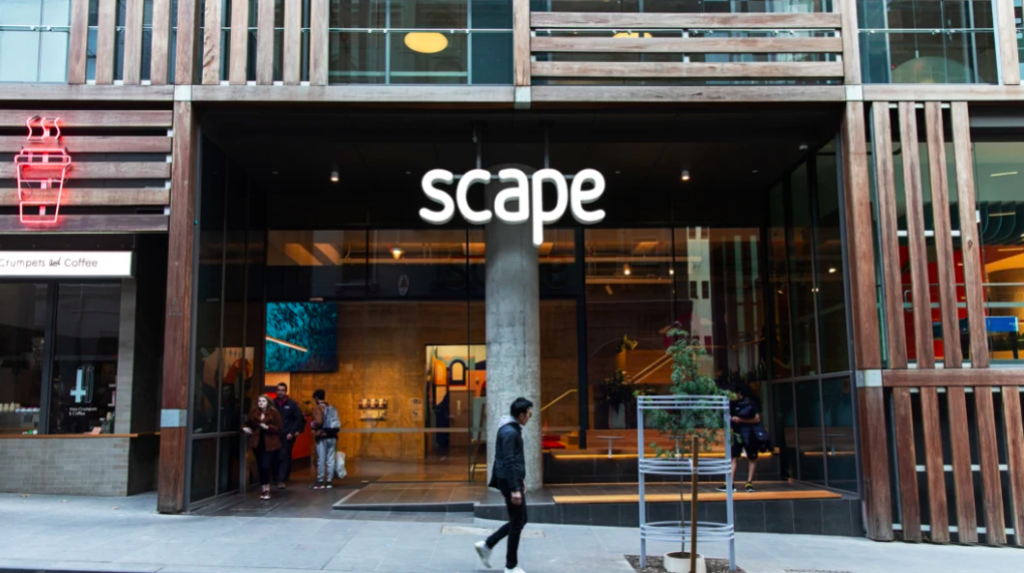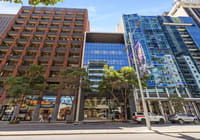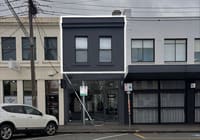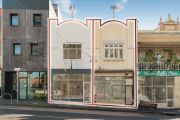
Foreign students plea: 'open the borders'
The country’s largest student accommodation player Scape has urged the federal government against further extensions of the travel ban on people from China as the final deadline for foreign students to drop out of university courses looms.
Scape controls around 7000 beds, with a big development pipeline planned. The portfolio will expand dramatically when it completes a $2 billion deal to buy out the Urbanest portfolio, which will give it a portfolio of close to 14,000 beds across three brands.
The federal government last week extended the travel ban for a further week before it is reviewed at the end of this week.
Scape executive chairman Craig Carracher said he hoped the federal government would “balance the chief medical officer’s advice with economic reality” and go ahead and “open the borders, with strict rules”.
Scape had already swung into action well before the initial ban was enacted on February 1, introducing voluntary isolation in its facilities from January 24. Most rooms in Scape facilities are self-contained studios with non-opening windows and individual ventilation systems.
Under its policy, Scape has just four students from China still in isolation who will complete the 14-day period this week and will do a final check-up after that.
Typically Scape has up to 50 cancellations across its portfolio. That number has risen to 100 due to the coronavirus.
Around 85 per cent of its portfolio is booked. Around one quarter of those bookings are yet to arrive, mostly due to the travel ban.
Fees are being waived for those students until the ban is lifted. Scape generates around $1 million per week in rents across its portfolio. Were the ban to extend into March those students most likely would not take up those rooms.
Offsetting that potential loss, Scape has found that is renting out its rooms more quickly than normal, in part because Chinese students already in the country are finding it harder to secure accommodation elsewhere.
At the same time, students from elsewhere in Asia are flocking into Scape’s purpose-built student accommodation, with its perceived safety in the current environment, which is helping to hold up bookings. That could ultimately leave Chinese students in the cold when they do arrive, according to Mr Carracher.
“If the government extends this ban another week and another week, even if the Chinese students want to come to Australia where are they going to sleep?”
A lack of available accommodation would put at risk the reputation of Australia’s university’s sector in China, Mr Carracher said.











